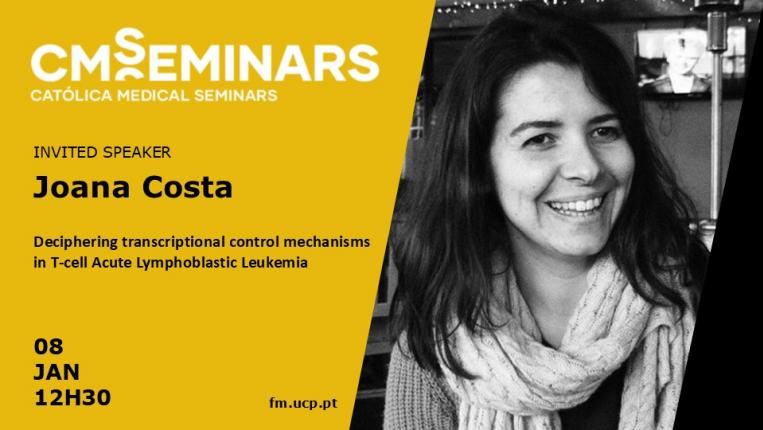This elective CU is a part of the training offer in the 2nd year.
Intended learning outcomes (knowledge, skills and competences to be developed by the students)
- Know and understand the basic principles of disease (causes, mechanisms, lesion processes);
- Acquire skills of observation and deduction to be able to identify and interpret morphological changes, and the tissue, cellular and molecular events responsible for the different types of pathology;
- Acquire theoretical preparation and general practice in histopathology;
- Train the selection and processing of biological samples; in optical, fluorescence and electron microscopy and in complementary morphological techniques (immunohistochemistry, in situ hybridization);
- Demonstrate that morphological changes are a valuable tool for understanding the pathogenesis and clinical manifestations of disease and for basic and translational research;
- Understand the importance of studying prognostic and therapeutic biomarkers in clinical practice;
- Demonstration of knowledge and development of oral and written communication skills.
Syllabus
General themes:
- Mechanisms and common and important morphological manifestations of human disease
- Cellular adaptation and senescence
- Injury and Cell Death
- Inflammation
- Causes of Disease
- Cellular targets
- Cellular accumulations
- Tissue repair
- Extracellular pathology
- Neoplasms epidemiology
- Neoplasms etiopathogenesis
- Cancer biology
- Epigenetics and Genetics
- Invasion and metastases
- Familial Cancer Risk
- Signalling pathways
- Tumoral progression
Practical themes:
- Macroscopy, Techniques and methods in Pathology
- Observation of histopathological preparations in optical microscopic
- Practice selection of samples and processing samples for histo-pathological study
- Execution and interpretation of immunohistochemistry and in situ hybridization techniques
- Translational research in cancer: from bench to clinic application
- Examples of translational studies using morphology
- Morphological diagnosis of neoplasm



